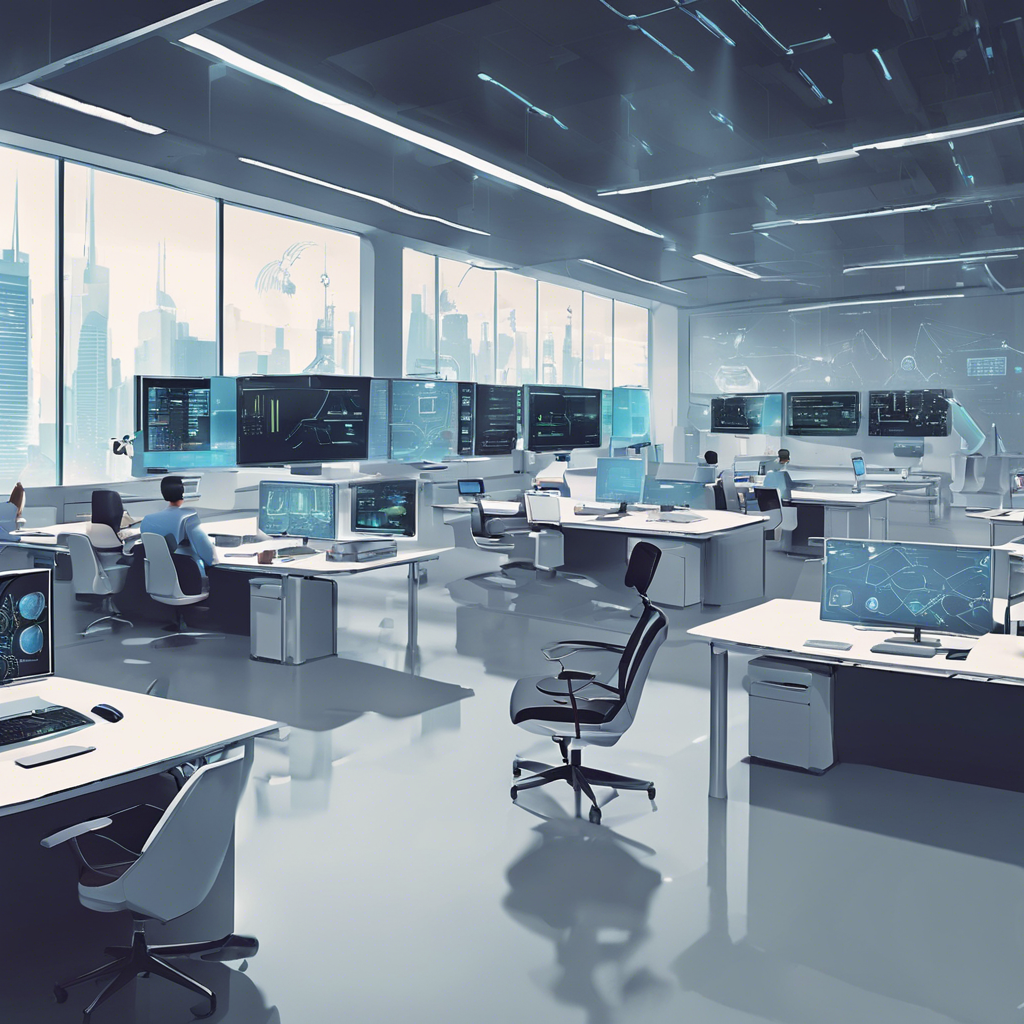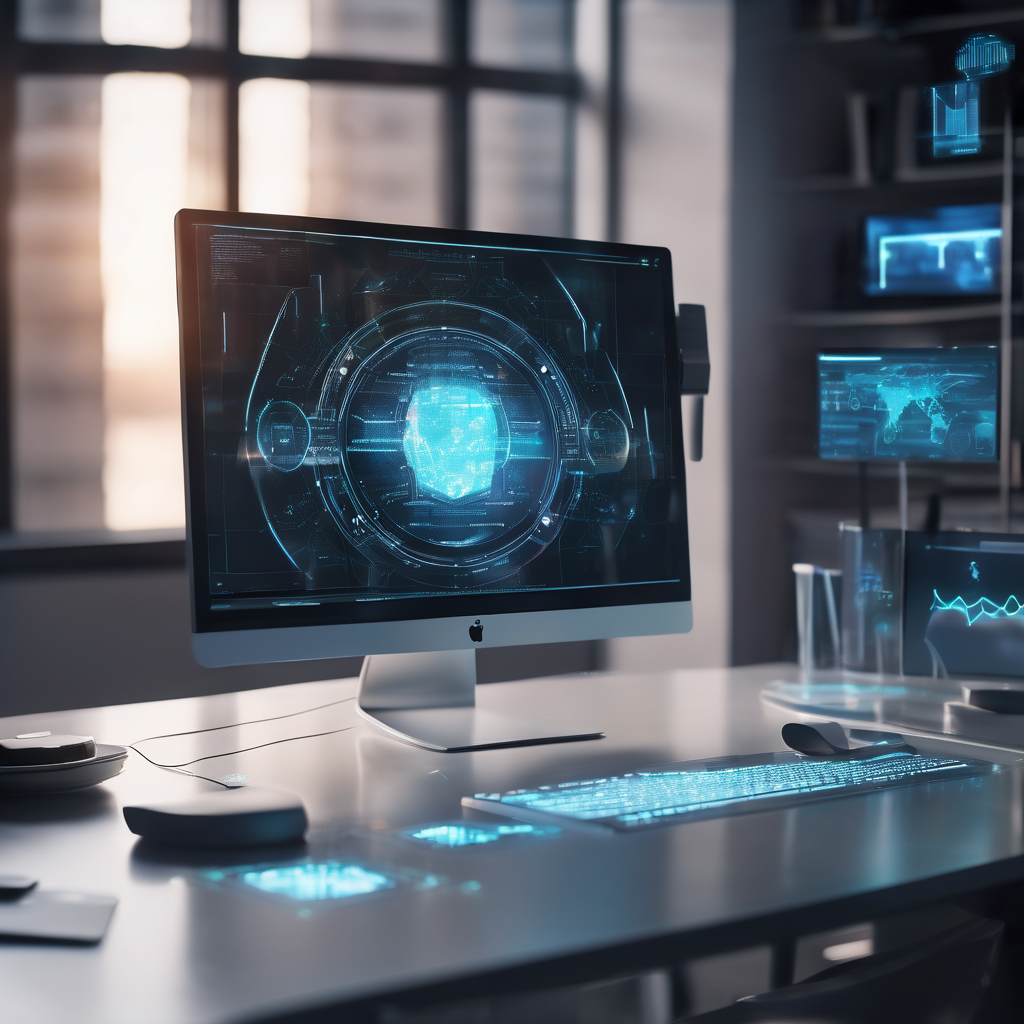
The rapid advancement of artificial intelligence (AI) is poised to transform many facets of life, particularly in the workplace, which may experience some of the most significant changes first. Experts warn that millions of jobs could soon be eliminated because of AI, with a report from the World Economic Forum predicting that around 26 million positions might vanish within the next three years. Niusha Shafiabady, an associate professor of computational intelligence, identifies three key industries at risk: education and health services, professional and business services, and leisure and hospitality. In education, roles such as school and university secretaries, librarians, and extra-curricular teachers are vulnerable, as AI could effectively deliver subjects like music lessons via programs with camera technology. In health services, clinic receptionists, dietitians, speech therapists, and personal trainers may be replaced by AI systems that offer similar services more efficiently. In professional and business sectors, customer service representatives, fast food workers, and sales roles face threats from AI implementations, such as chatbots in drive-throughs. Public relations jobs are also at risk, as AI can manage communications and target customers more efficiently than humans. In leisure and hospitality, roles such as hotel concierges and travel agents are likely to become obsolete due to AI's capability to manage inquiries and bookings automatically.
Event planning could also become automated, with AI handling decision-making more efficiently than humans. Experts urge those in vulnerable roles to prepare by acquiring future skills. Even for professions deemed safe, the introduction of AI will influence hiring practices—AI is increasingly used to filter resumes, which can unintentionally exacerbate existing biases. Despite AI's potential to significantly bolster the economy, yielding an annual increase of $200 billion for Australia, experts caution the need for robust regulatory measures to mitigate associated risks. Research shows a general lack of public trust in AI, particularly regarding its safety and fairness, despite a willingness to accept its utility in healthcare. Critics emphasize the potential dangers of AI reliance, suggesting that human capabilities often surpass AI performance, urging new approaches to AI usage and regulation. The Australian government has begun discussing voluntary AI safety standards, yet skepticism remains regarding the rush to adopt its use without careful consideration of public concerns.
AI Revolution: Job Displacement and Economic Impact


The integration of artificial intelligence (AI) into search engine optimization (SEO) is driving a transformative shift in the digital marketing arena, bringing both considerable challenges and exciting opportunities for professionals in the field.

SalesAi recently conducted two extensive studies to explore the transformative effects of artificial intelligence (AI) on revenue generation, sales efficiency, and overall business growth.

Artificial intelligence (AI) platforms like ChatGPT have become trusted companions for millions of teenagers, generating human-like responses.

Predis.ai is an innovative AI-powered platform transforming how businesses create and manage social media content and advertising creatives.

In the rapidly changing field of digital content creation, artificial intelligence is becoming increasingly crucial.

As the digital landscape rapidly grows, online platforms face increasing difficulties in managing the enormous volume of video content uploaded daily.

The complexity and opacity of modern digital advertising platforms, especially Meta Ads, have become major concerns in the marketing community.
Automate Marketing, Sales, SMM & SEO

and get clients on autopilot — from social media and search engines. No ads needed
and get clients today